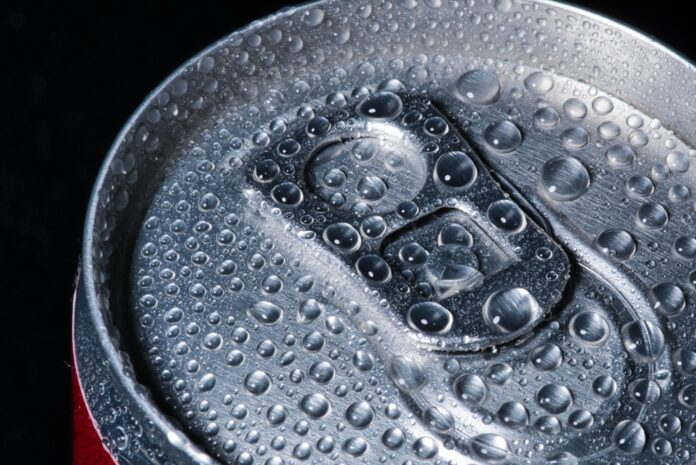Recycling is more than just sorting our waste — it is vital for conserving natural resources, protecting the environment and promoting sustainable economies.
According to the Recycled Materials Association, “Without recycling, we would need to harvest the earth for its natural resources and/or depend on foreign countries for raw materials. Our world, our planet and our livelihoods depend on recycling.” This highlights the benefits of recycling and the potential consequences of failing to adopt responsible waste management practices.
Preserving natural resources
Recycling plays a vital role in reducing our dependence on raw natural resources. Reusing materials reduces the need to extract and process new resources from the earth. This conservation effort is particularly critical because many materials are finite and nonrenewable. For example, aluminum beverage containers are among the most widely recycled items. According to the EPA, over 33% of the products are made from recycled aluminum. Using recycled aluminum requires 95% less energy than producing it from raw materials mined from the earth. This substantial energy saving reduces production costs and minimizes greenhouse gas emissions, contributing to a healthier environment.
The hidden cost of deforestation
While dense forests may not surround the Florida Keys, the environmental impact of deforestation is a global concern. More than 75% of the materials used in paper mills come from recycled fibers. However, paper mills still rely on virgin pulp to meet consumer demands.
According to Double A paper, the paper industry destroys an average of 30 million acres of forestry annually. This relentless deforestation leads to the loss of wildlife habitats, soil and air pollution and a significant impact on climate change. The rapid destruction of forests underscores the urgency of recycling paper and cardboard, as reusing fiber helps mitigate the pressure on our remaining forests.
Understanding market challenges
Recycling is not without its challenges. One significant hurdle is the economics of the recycling process. Many recycling markets are based on the weight of the materials processed. For instance, polystyrene (known as Styrofoam) is challenging to recycle because it is exceptionally lightweight. Even if you fill a 96-gallon trash can with polystyrene, it contributes very little weight, making it less valuable in the commodity market. This economic reality explains why many counties and municipalities do not accept all materials in curbside recycling programs — the cost of processing certain items, like polystyrene, cannot be justified by their market value. The best practice is not to use it. Bring your containers when eating out or ordering takeout, and let the establishment know you have your container.
What can we recycle?
Focusing on environmentally valuable and economically viable items is essential for effective recycling. These include:
- Paper and cardboard: Recycled fibers reduce the need for virgin pulp, helping to conserve forests.
- Glass: Reusable without significant degradation of quality.
- Aluminum: Offers tremendous energy savings and is easily recycled.
- Plastics Nos. 1 and 2: Common and easy to recycle, forming the backbone of most recycling programs. Did you know only 23% of water bottles are in the recycling bin?
- Plastics No. 5: Accepted in many programs, including Monroe County, due to their manageable properties and market demand.
A key tip for plastic bags is to avoid placing them in your curbside recycling tote. Instead, take them to a local grocery store to recycle them into new bags. Recycling the bags at the grocery store keeps them out of the waste stream and contributes to a circular economy.
Recycling everyday items such as paper, cardboard, glass, aluminum and plastic reduces our reliance on virgin materials, helps curb deforestation and conserves significant energy. Through collective action and informed choices, we can ensure that our natural resources are protected for future generations, sustaining our world, planet and livelihoods.
Let’s go, Monroe — every recycled item is a step toward a more sustainable future.


















